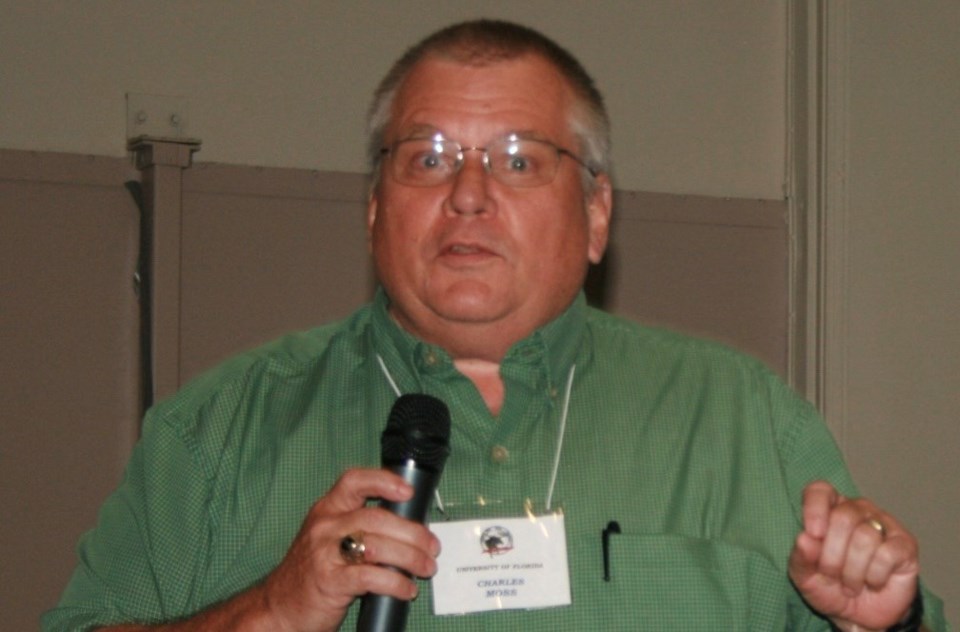The United States Farm Bill is no longer the major instrument of U.S. farm policy, says a Florida agricultural economist.
“In 2014 more or less they turned the farm program completely over,” Chuck Moss of the University of Florida told the Farming for Profit conference in Moose Jaw.
Farmers were allowed to choose their subsidy with new price loss insurance coverage based on 85 per cent of yields, prices and the benchmark.
This amounted to “a free insurance policy’’ with private insurers offering coverage
The other choice was an acreage payment.
“The real ag program from 2008 to the current date is ethanol. It’s a non-ag program set by the Environmental Protection Agency,” Moss said.
The 10 per cent mandated ethanol blend in gasoline program started in 2005 to reduce expensive oil imports.
Before 2012 U.S. ethanol policy was implemented through a volumetric excise tax credit with a direct subsidv to producers.
In 2012 the tax credit expired and was replaced by a mandatory blend with a market in ethanol needs.
Former cotton growing areas in Mississippi and Arkansas now grow corn.
“They picked the right crop to subsidize because this crop sucks acres out of the other crops and as it sucks acreage out of these other crops the prices of these crops go up.
“I would argue some of the price strength in Canada is probably based on the U.S. ethanol program.”
Moss doesn’t believe a drive for a 15 per cent ethanol blend will catch on in the U.S.
Ron Walter can be reached at [email protected]




